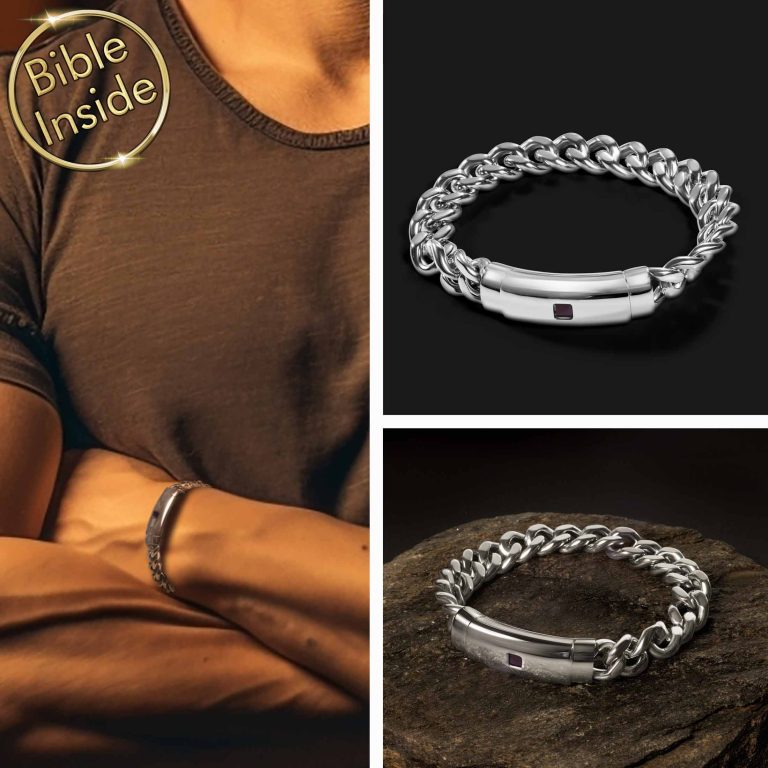There are three ways to say yes: the civil wedding, the church wedding and the free wedding. We have compared the advantages and disadvantages here in a direct comparison.
The ring swap
The ring exchange at the wedding ceremony is an important moment. It should be the most beautiful day in the life of two lovers, the day of the wedding. The heart of a wedding is the wedding ceremony and, above all, the moment when the bride and groom say yes and exchange rings. However, it is not enough for every bridal couple to dare to take part in a civil ceremony. Many prefer a more solemn or individual way of tying the knot. You can choose between the church wedding and the free wedding. But what advantages do the individual wedding ceremonies offer and for whom are they suitable? When you select the Morganite Rings then options are there no doubt.
Civil marriage
Every wedding couple who want to enter into a civil marriage must go to the registry office. Even if a couple wants a church or a free wedding, they have to go to the registry office if they want to secure the advantages of civil marriage, such as maintenance or inheritance claims. The civil marriage does not have a reputation for being particularly romantic. What is certain is that the marriage ceremony at the registry office is at least not very individual. The registrar usually gives a standardized address and the content is more about the legal side of the marriage than the emotional one. Nevertheless, it is possible to discuss the process of the wedding with the registrar in advance. So can the bride and groom exchange personal words and music can be selected which is playing in the background. It is also possible to have live music played or to organize a singer, if the space allows.
Groomsmen are no longer required for civil marriage since 1998, but they can still participate and be officially registered. On average, the wedding ceremony at the registry office lasts between 20 and 30 minutes. After determining the personal details, the registrar gives a speech that is followed by the big question. Both answers with “yes” are followed by the ring change and the bride kiss. Now the registrar reads out the marriage book entry and the couple and, if necessary, the witnesses sign the marriage book. If one of the spouses has adopted the last name of the other, he now also signs with this. The civil marriage is, of course, essentially a bureaucratic act.
The civil marriage is part of the marriage ceremony. It may be enough for pragmatically thinking bridal couples, but many spouses in Spe would like a more emotional and individual wedding ceremony. This is the clear disadvantage of a civil marriage. It is very standardized and offers little room for romance.

Church wedding
The church wedding is usually particularly solemn. In contrast to the civil marriage, the church wedding is voluntary and the bride and groom can decide for themselves whether they would like to have a wedding in the church in addition to the marriage at the registry office. For many couples, church marriage is very important because they want to have the feeling of entering into marriage before God and thus to place them under the highest patronage in their faith. For others, tradition plays a major role and others appreciate the romantic atmosphere and the incomparable ambience in a church.
The bride and groom can be married Catholic or Protestant depending on their denomination. An alternative is the ecumenical wedding. The date and the course of the wedding will be discussed in detail with the clergyman in charge. Usually, the bride and groom have the opportunity to make their own wishes and suggestions for the wedding ceremony to be included.
Home church does not have to be the first choice.
Of course, many prefer to say yes in front of the clergyman they trust, but this is not mandatory. If the bride and groom would prefer to get married in another city, for example because a lot of friends or family members live there or because the church is particularly beautiful there, that’s no problem. It should be noted, however, that the first contact is always with the clergyman of the home church. The latter then contacts the clergyman of the wish church and gives him permission to marry the couple. The marriage of another clergyman in the home church or of the clergyman from the home church in another church is also possible. However, all of this must be discussed in advance. Interesting is also, that the church wedding does not necessarily have to be held in a church. If the responsible clergyman agrees, the couple can also get married in another location, such as a forest clearing or directly on the beach.
Advantage of Church Wedding
The advantage of the church wedding is clearly the individuality with which the ceremony can be designed. The bride and groom can incorporate their own wishes and the clergyman leads the bride and groom and guests through the ceremony. Bible stories and singing are also commonplace at church weddings. Sometimes it is also possible to hire an entire gospel choir for the wedding ceremony. In addition, the church, as the place of the wedding, is already charged with a certain solemn atmosphere. If the clergyman succeeds in making the ceremony particularly personal, the wedding ceremony in the church will also be very romantic and move the bride and groom and guests to tears more than the standardized wedding ceremony at the registry office.
Church weddings are particularly traditional and often very important for people belonging to the Christian denomination. The disadvantages of church weddings are quite clear, that the bride and groom must belong to the same religious community and that not every clergyman gives the bride and groom the same opportunities for individual design. Especially with Catholic weddings, things can be a bit stricter and the bride and groom must, for example, clarify in advance with the clergyman whether they can kiss after they say yes.
Free wedding ceremony
Most bridal couples would like to experience an individual and emotional wedding. The registry office usually does not offer this. A church wedding is not an option for every couple. The bride and groom cannot marry in church because the groom and bride belong to different faiths or the bride and groom do not want to marry in church at all. The couple may have already left the Church or have never belonged to a particular denomination. Regardless of the reason why the wedding in church is not an option for the newlyweds that they have to forego an individual and romantic wedding does not mean that.



















